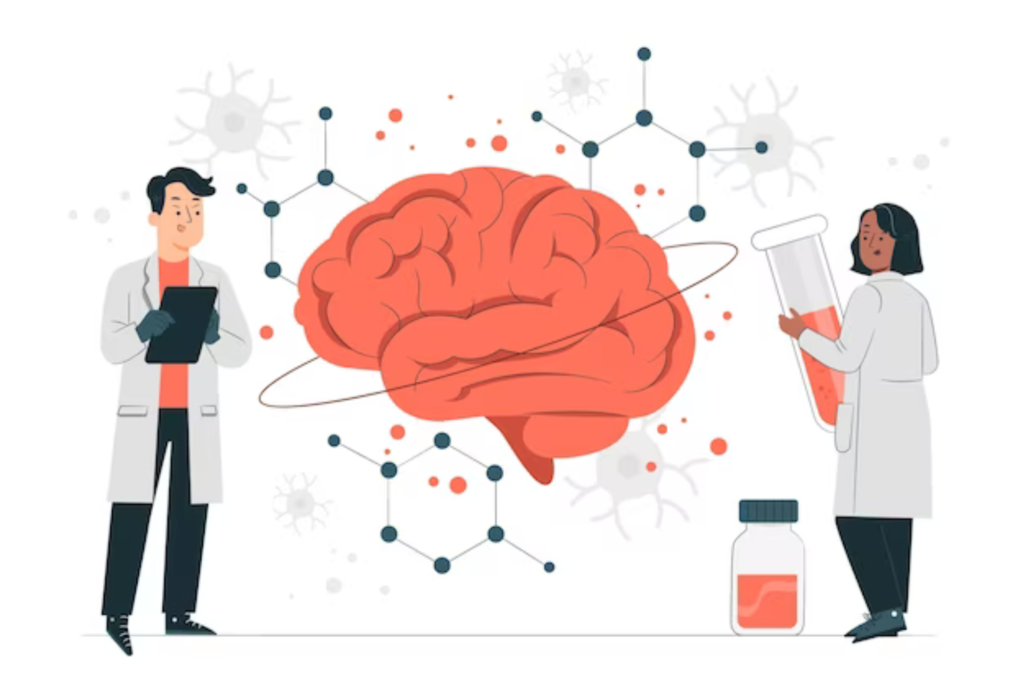Neuro developmental technique
Neuro developmental technique
Occupational Therapy (OT) is a holistic healthcare profession that focuses on helping individuals develop, recover, or maintain the skills needed for daily living and working. In the context of neurodevelopmental techniques, Occupational Therapy plays a crucial role in enhancing the functioning and independence of individuals with neurological conditions.
Neurodevelopmental Techniques (NDT):
Neurodevelopmental Techniques, commonly known as NDT, is an approach within Occupational Therapy that addresses the impact of neurological conditions on an individual’s movement, coordination, and overall function. It is particularly effective for individuals with conditions such as cerebral palsy, stroke, or traumatic brain injury.
Principles of NDT
Individualized Assessment:
Occupational Therapists conduct a thorough assessment to understand the unique challenges and abilities of each individual.
Task Analysis:
NDT involves breaking down everyday tasks into components to identify specific difficulties and tailor interventions accordingly.
Movement Analysis:
Detailed observation and analysis of movement patterns help therapists understand impairments and develop targeted interventions.
Facilitation and Inhibition:
NDT techniques focus on facilitating desired movements and inhibiting abnormal patterns, promoting more functional and efficient motor control.
Environmental Modification:
Recommendations for adapting the environment to support optimal functioning, making daily activities more manageable.
Role of Occupational Therapy:
Occupational Therapists specializing in Neurodevelopmental Techniques contribute significantly to improving the quality of life for individuals with neurological challenges. Their interventions aim to:
Enhance Motor Skills:
Work on improving coordination, balance, and fine/gross motor skills to promote independence in daily activities.
Promote Independence in Activities of Daily Living (ADLs):
Address challenges related to self-care, mobility, and other essential daily tasks.
Improve Cognitive Function:
Develop strategies to enhance cognitive abilities, such as memory, attention, and problem-solving.
Facilitate Social Participation:
Work on communication and social interaction skills to promote engagement within the community.
Educate and Support Families:
Provide education and support to family members, helping them understand and contribute to the individual’s progress.
Success Stories:
Incorporating Neurodevelopmental Techniques in Occupational Therapy has resulted in numerous success stories, showcasing the remarkable improvement in the lives of individuals with neurological conditions. These success stories highlight the effectiveness of personalized and targeted interventions in achieving meaningful outcomes.
Conclusion:
Occupational Therapy utilizing Neurodevelopmental Techniques is a vital component in the comprehensive care of individuals with neurological conditions. By focusing on individualized assessment, targeted interventions, and a holistic approach, Occupational Therapists contribute significantly to the well-being and independence of their clients.

Book an Appointment
Physiotherapy: Your Path to Pain Relief
Physiotherapists are movement experts who can help manage and reduce pain. Through manual therapy, exercise programs, and education, they can improve your mobility and function, empowering you to live an active, pain-free life.
